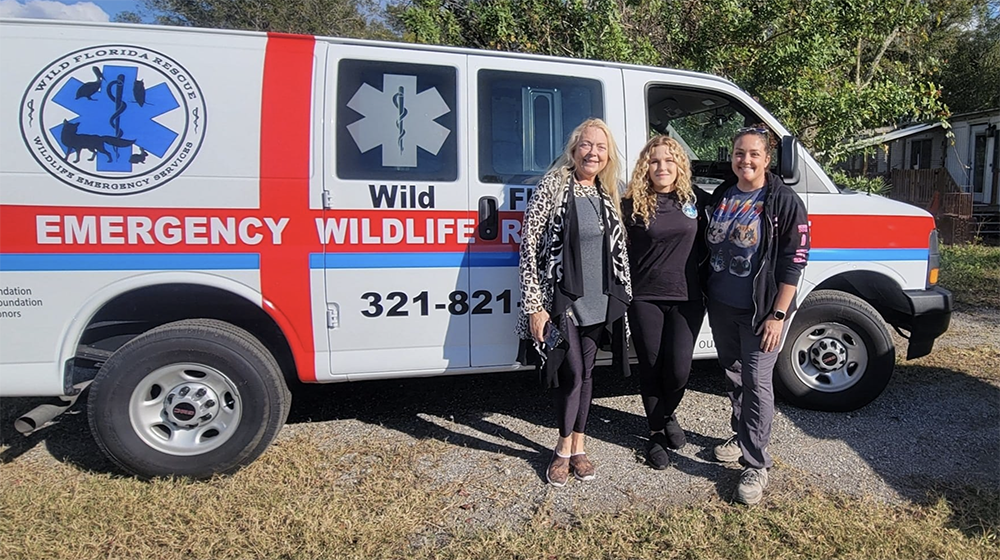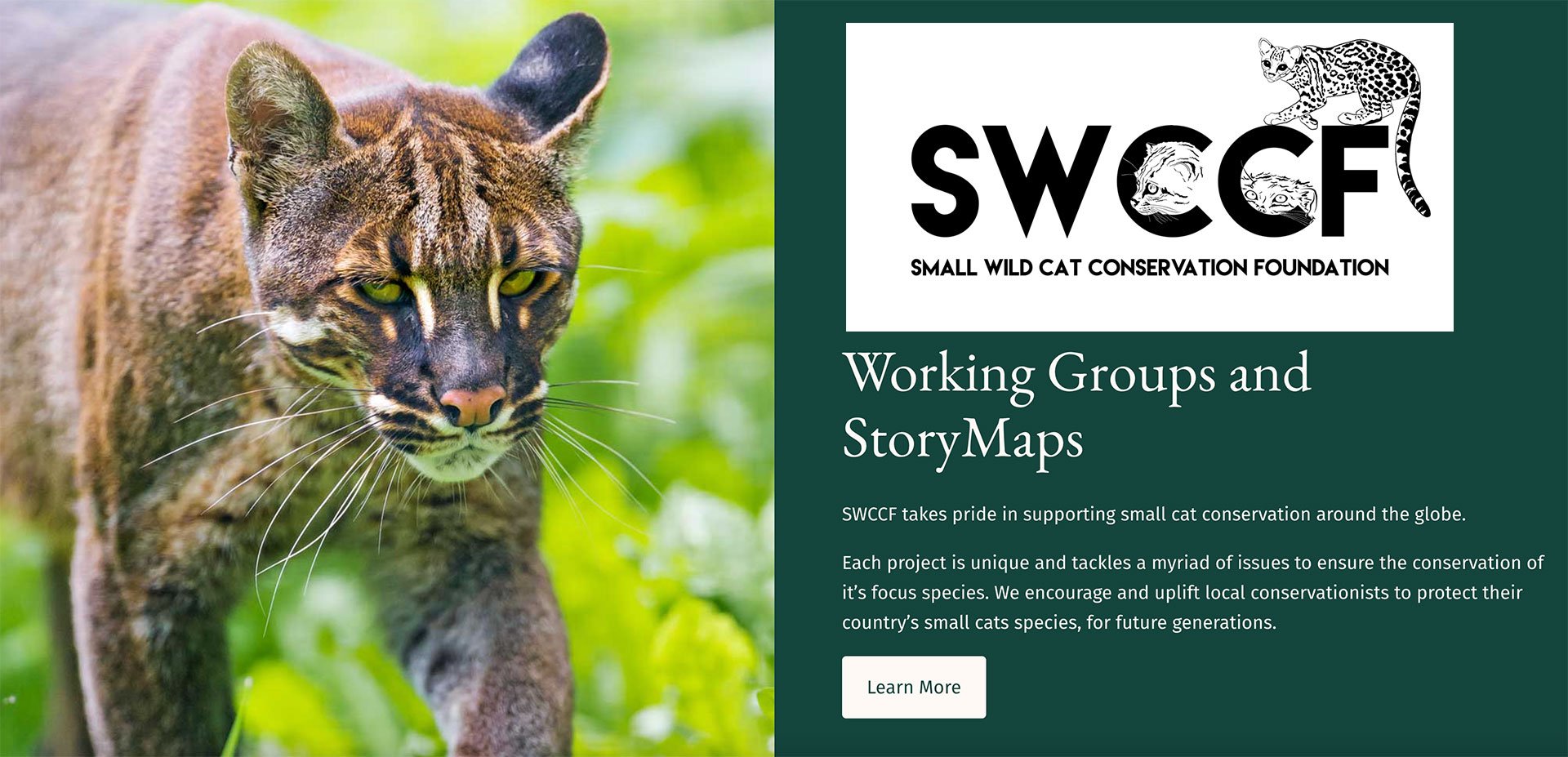
Britain Tiger King

Cryptocurrency Bridging the Gap for Conservation

2024 Sharing the Holiday Spirit
Throughout 2024, Jamie and Victor worked tirelessly to redistribute Big Cat Rescue's assets to benefit wildlife organizations across the country. Over $250,000 was raised through sales, while countless items were donated to sanctuaries and rescues like Turpentine Creek Wildlife Refuge, Shizzy's Wildcat Sanctuary, Peace River Wildlife Center, and more. These efforts not only provided essential resources for other nonprofits but also amplified the collective impact of conservation efforts. As the sanctuary transitions to a new chapter, the legacy of Big Cat Rescue continues to empower wildlife organizations and inspire meaningful change.

Zoonosis Diseases That Jump Between Animals and Humans

Servals are Not Pets
252 Reasons Why You Shouldn't Believe That Lying Serval Breeder

The Truth About Pet Food

